This article explores what happens when law enforcement shows up at your door, emphasizing the importance of understanding your Fourth Amendment rights. It walks through various scenarios and clarifies when you are legally obligated to allow entry, and when you are not.
It’s a knock that instantly tightens your chest: the police are at your front door. Whether it’s broad daylight or late at night, the sudden appearance of law enforcement outside your home can be unsettling, even if you haven’t done anything wrong.
In that moment, questions race through your mind. Am I in trouble? Did something happen nearby? Do I have to open the door for police?
For many people, it’s unclear what to do next. Should you speak to them? Do you need to open the door right away? Are you legally obligated to comply?
Before reacting, it’s critical to understand your rights, the law, and the appropriate steps to take when police officers come knocking. This is not about being anti-law enforcement, it’s about responsible citizenship. Respect for the law includes knowing how it protects you.
Understanding the nuances of this question is crucial for anyone confronted with law enforcement at their home.
Understanding When You Must Open the Door: Do You Have to Open the Door for Police?
The Door: A Constitutional Boundary
To understand your rights, we must start with the U.S. Constitution—specifically, the Fourth Amendment, which safeguards your home against “unreasonable searches and seizures.” It’s a cornerstone of American liberty, ensuring that your home remains private and protected unless specific legal conditions are met.
The right of the people to be secure in their persons, houses, papers, and effects, against unreasonable searches and seizures, shall not be violated, and no Warrants shall issue, but upon probable cause, supported by Oath or affirmation, and particularly describing the place to be searched, and the persons or things to be seized.
The courts have long held that your home is your most protected space. Without probable cause or consent, officers are not entitled to search or enter it. This makes your front door a symbolic and legal barrier, and one that officers cannot legally cross without justification.
Why Police Might Knock on Your Door
Let’s consider a few reasons why law enforcement might visit your home:
- Routine questions about an incident in the neighborhood
- Serving a warrant (either for arrest or search)
- Investigating a noise complaint or emergency call
- Looking for someone they believe may be inside
- Mistaken identity or address
The reason behind the knock heavily influences what your rights are in that moment, and what options are legally available to the police.
Your Rights Outside and Inside the Door
Once you hear that knock, you face a decision: do you open the door? Many people assume that refusing to do so makes them appear guilty or uncooperative. But appearance doesn’t trump legality.
🔹 You Do Not Have to Open the Door Automatically
Unless officers present a valid search warrant or you’re dealing with a legal emergency situation, you’re generally not required to open the door or let them inside (more on this below).
What to Do Instead:
Speak calmly through the closed door or through a nearby window. You can ask questions, but if things remain unclear, ask, “Do you have a warrant?” If they say no, you can politely decline to open the door and let them know you won’t speak without legal counsel.
You are asserting your rights, and not being confrontational.
What If They Do Have a Warrant?
If the police have a warrant, they may enter whether you open the door or not. But you still have rights.
Check the Warrant:
- Does it have your correct name and address?
- Is it signed by a judge?
- Does it specify what they’re allowed to search for or who they’re allowed to arrest?
If possible, ask them to slide the warrant under the door or hold it up to a window. This protects your safety and prevents confusion.
Important Note for Firearm Owners:
If you own firearms, ensure they are secured and out of plain sight. Even if your firearms are legal, visible firearms during a police search can complicate interactions, especially in states with strict storage or transport laws.
When Can Police Enter Without a Warrant?

There are exceptions to the rule, and understanding them will protect you from acting illegally or being misled.
1. Exigent Circumstances
This means there’s an emergency requiring immediate action. For example:
- Police hear screaming or shots fired from inside
- Someone is believed to be in danger
- Evidence is actively being destroyed
- A suspect ran into your home
2. Pursuit of a Suspect
If someone flees into a home during a police chase, officers may enter the residence to catch them, even without a warrant.
3. Consent
If you or someone else in your home voluntarily lets them in, officers don’t need a warrant. This is why it’s so important to be clear and firm if you do not want them to enter.
What If You’re Innocent?
You might think: I haven’t done anything wrong. Why wouldn’t I let them in?
This is a fair question, but it overlooks the reality of unintended consequences. Law enforcement officers are trained to observe and report what they see. That means if they enter and notice anything potentially illegal, whether or not it’s relevant to the reason for the visit, they can act on it.
Example:
An unloaded firearm left unsecured on a couch could lead to issues if local laws require locked storage or safe conditions around minors.
Even if no charges arise, you could be subjected to scrutiny, delays, or questions—all of which could have been avoided by asserting your rights and waiting for legal counsel.
Best Practices When Police Are at Your Door
- Stay calm and respectful. No sudden movements, loud voices, or confrontational language.
- Speak through the door if possible. This keeps the situation secure and clear.
- Ask to see a warrant before opening the door.
- Don’t lie, but don’t volunteer information. You have a right to remain silent.
- Record the interaction, especially if anything seems unclear or aggressive.
For Concealed Carry Permit Holders and Gun Owners
Responsible gun owners must take special care when dealing with law enforcement at home. Even legal firearms can create tension during police interactions. You should always:
- Store firearms according to your state’s legal requirements.
- Avoid leaving firearms in visible areas.
- Understand how “plain view” doctrine can apply to legally owned items during a lawful entry.
By staying informed, you reduce the risk of confusion or misinterpretation.
What if They Aren’t Even Police?
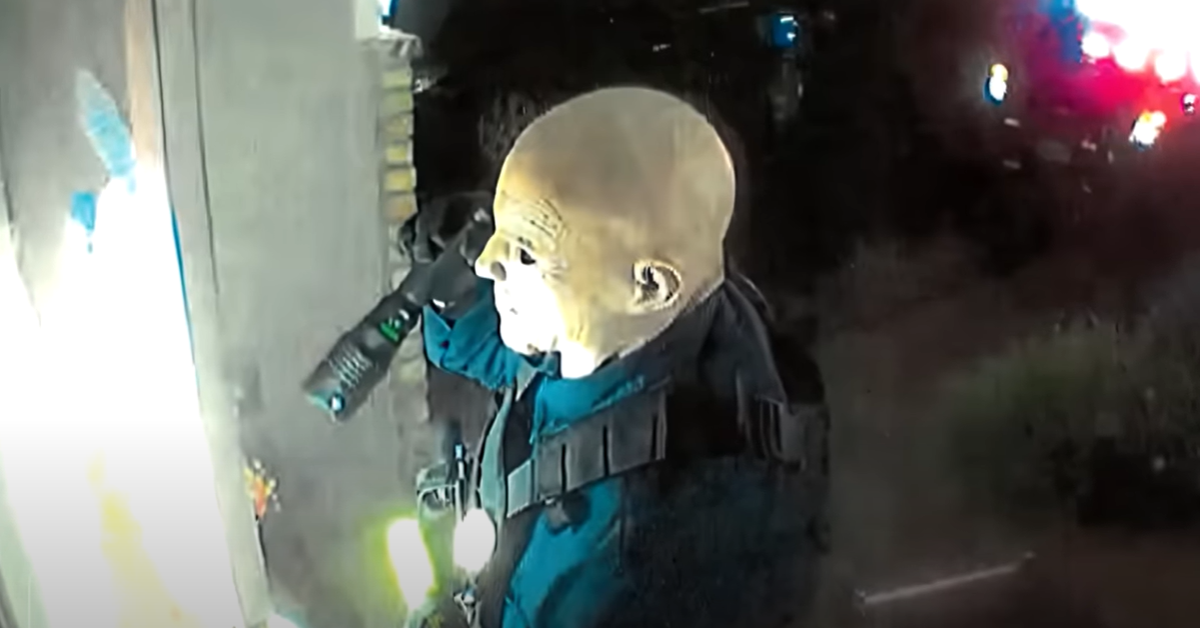
Across the Country, people have posed as police officers and caused serious harm and death. Being able to verify that it’s actually the police at your door is another crucial step.
To do this, a call to 911 can verify if it’s actually police at your door. Simply tell the dispatcher that you’re at home and police are at your door, and you are unsure as to their legitimacy.
Recently, Vance Boelter was arrested after being suspected in a violent, politically charged rampage that left former House Speaker Melissa Hortman and her husband dead, and State Senator John Hoffman and his wife critically injured in June.
So, Do You Have to Open the Door for Police?
Here’s the answer, based on everything we’ve explored:
No, in most cases, you are not legally required to open the door for police unless they have a valid warrant or specific legal grounds for entry. You always have the right to ask questions, remain silent, and consult an attorney.
This isn’t about resisting police; it’s about protecting yourself under the law. Officers are professionals doing their job, and many will respect citizens who calmly assert their rights.
Final Thought: Knowledge Is Protection
Understanding when and how law enforcement can enter your home isn’t about hiding something, it’s about knowing your constitutional boundaries. When citizens know their rights, police interactions can be handled peacefully and professionally on both sides of the door.
You don’t need to be afraid. You just need to be informed.
Safety Tip: Never assume that a friendly knock at the door removes your right to privacy. Always verify a warrant and store your firearms securely before engaging with law enforcement.
Disclaimer
The information provided in this article is for general informational purposes only and does not constitute legal advice. While we strive to ensure the accuracy and timeliness of the content, laws and regulations can change frequently and vary by jurisdiction. It is essential to consult with a qualified legal professional or law enforcement authority in your area to obtain current and specific legal guidance.
The authors, publishers, and distributors of this article are not responsible for any errors or omissions, or for any actions taken based on the information provided. Use of the information contained in this article is at your own risk. Always adhere to local, state, and federal laws and regulations.
By reading this article, you acknowledge that you are solely responsible for ensuring your compliance with all applicable laws and regulations concerning the above topics.
Read the full article here





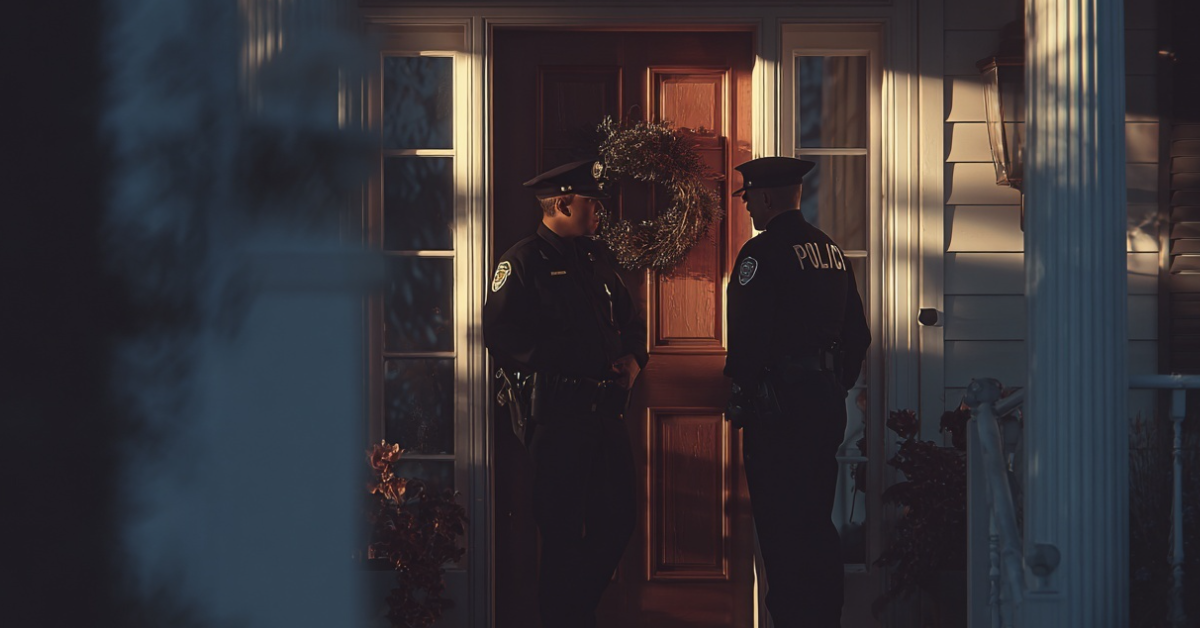







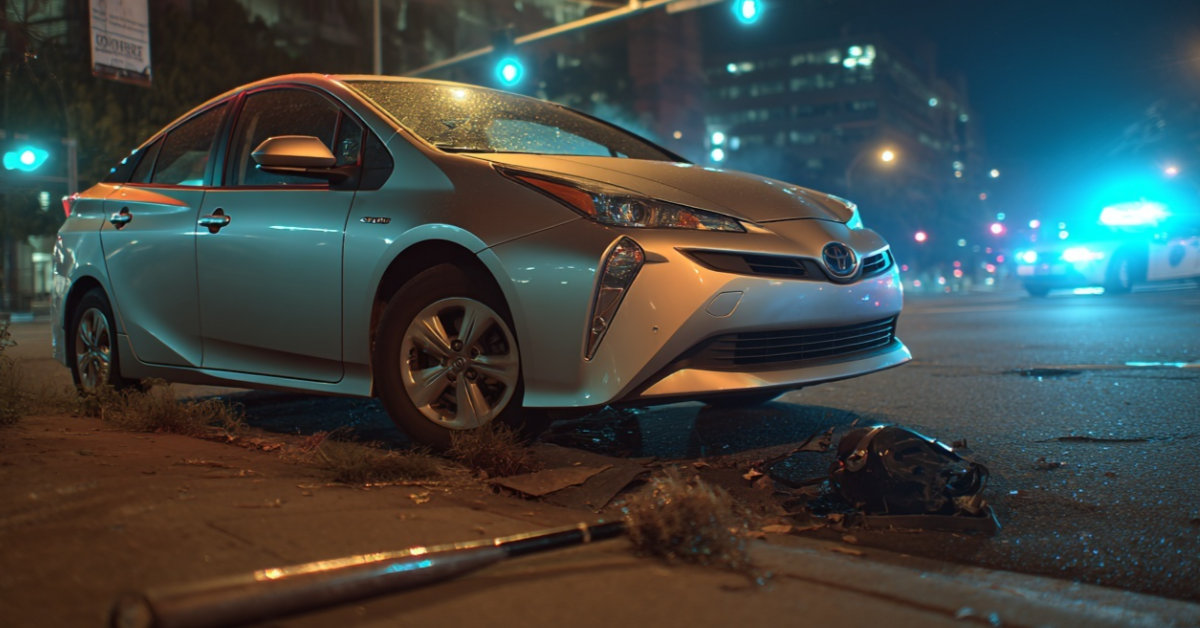
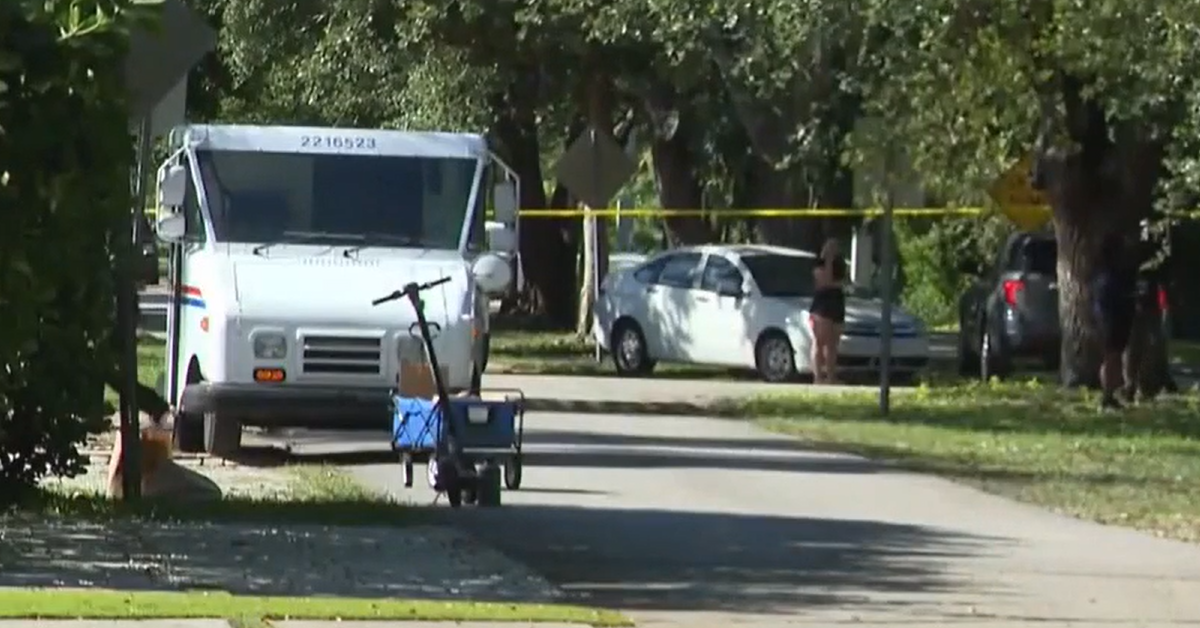
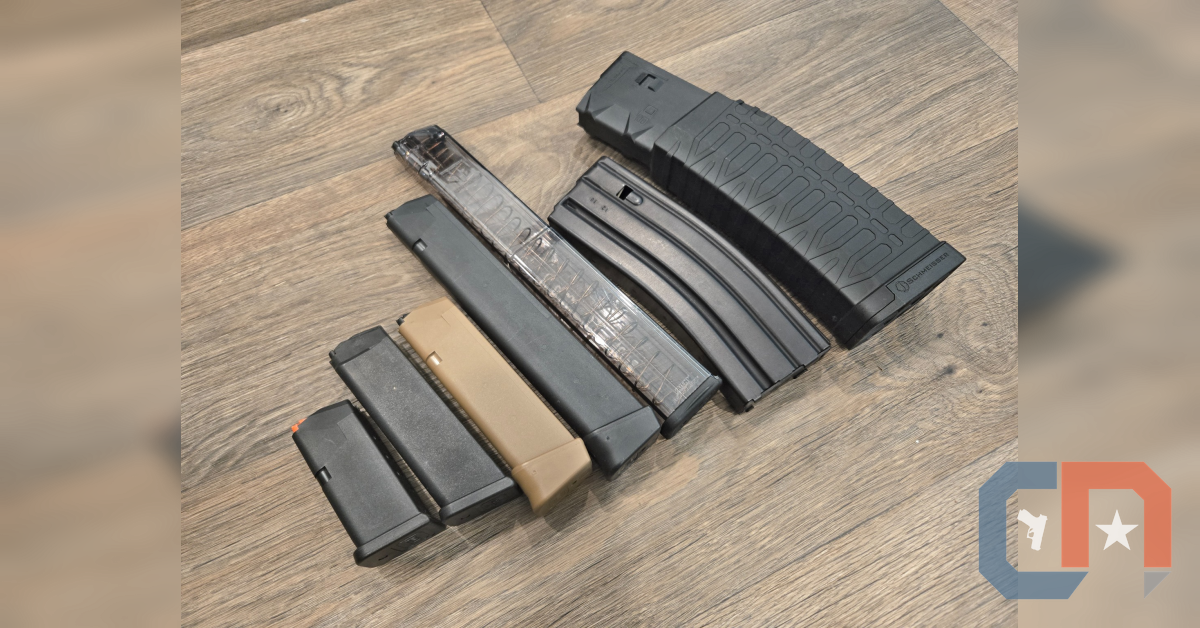

Leave a Reply